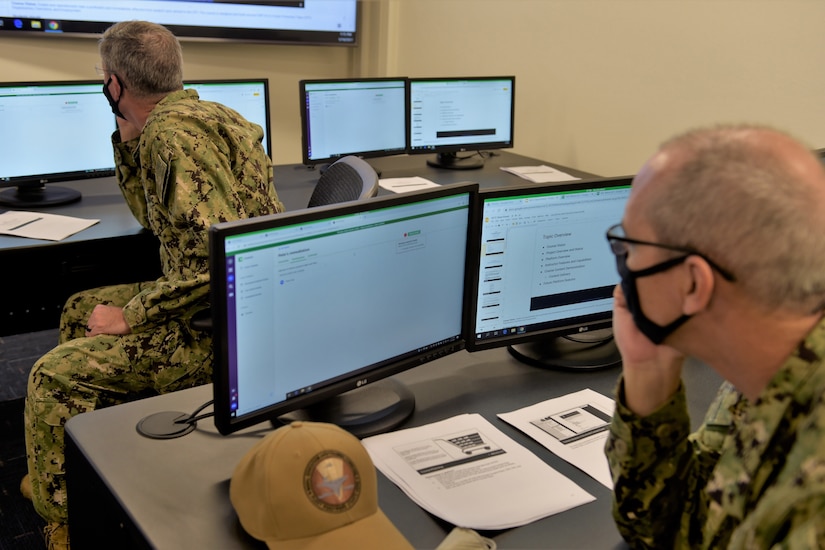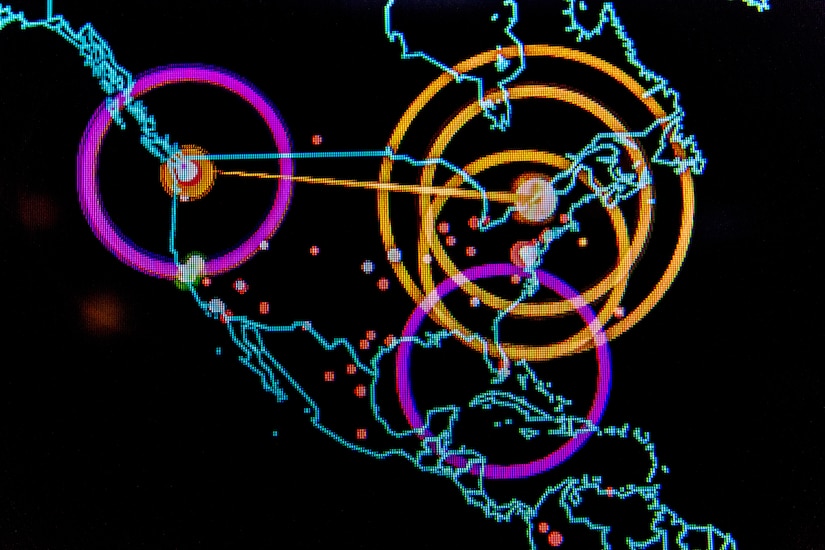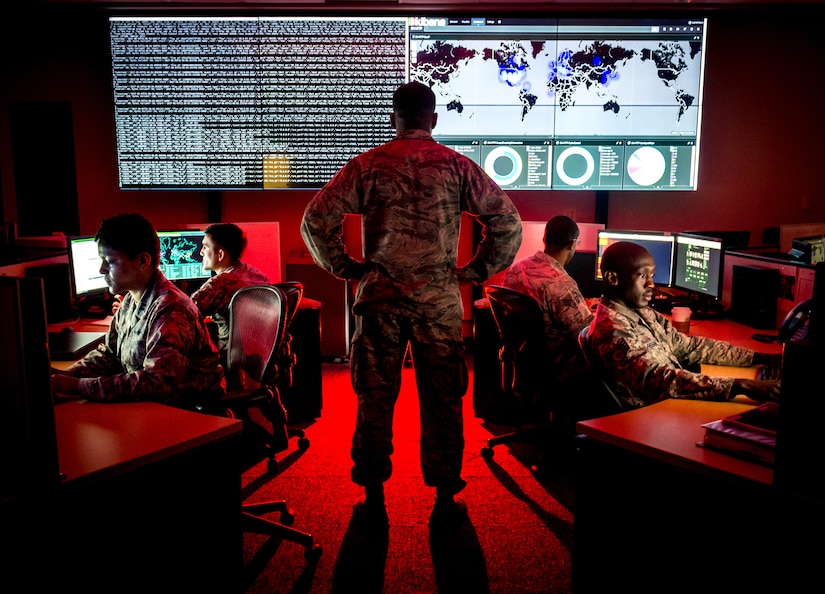Feb. 23, 2021 | , DOD News
The Defense Department's cyber workforce is tasked with defending virtually every system that the department relies on to protect national security, a cyber leader discussing the department's missions, technology and workforce said.

John Marx, acting principal director for cyber modernization, office of the undersecretary of defense for research and engineering, spoke this week as part of Engineer Week.
Cyber Missions
The goals of modernizing cyber capabilities within the Department of Defense, he said, are:
Workforce Talent
The department is always seeking cyber talent as well as talent residing in its workforce. DOD is looking for individuals who have a strong understanding of how software drives complex systems, Marx said.

Computer engineers, software engineers and electrical engineers, who are often associated with the cyber workforce, typically possess this kind of knowledge. Individuals with those academic backgrounds will always be in high demand to fill cyber positions, he said, but it's important for engineers of every discipline to have an understanding of how what they do intersects with the cyber domain. Mechanical, aerospace, civil, chemical and biomedical engineers all should have a strong understanding of how their fields of practice rely on cyber systems.

"The extent at which software drives everything is an exciting and interesting area," Marx said. "Understanding how software works, especially in the face of a determined adversary who might seek to do us harm, is important.
All types of engineers have a natural curiosity to learn how things work, and then to figure out how to make them work better, Marx said. "When our engineering workforce, regardless of discipline, possesses a level of knowledge in cybersecurity, where they can then innovate and communicate effectively with experts who spend all of their time within the cyber domain, then we're going to be able to make great strides in our ability to deliver systems that can withstand cyber attacks and achieve information advantage on the battlefield."
There are a couple of ways that engineers, aspiring engineers and students can gain more knowledge in cybersecurity, he said. Colleges typically have hacking clubs, for instance. Getting connected with these groups is a great way to learn some of the basics of hacking and cybersecurity. They can also help prepare for capture-the-flag-type competitions, where these skills can be put into practice.
Another thing engineers can do is learn to code, he said. Whatever the venue, be it a local college or online class, learning to code is one of the best ways to enhance one's knowledge of how software makes the world work.
Marx spoke of experiences he had with non-cyber engineers participating in capture-the-flag-type events.
During last year's Hack-a-Sat competition, which was put on by the Air Force, Space Force and Defense Digital Service, there were several aerospace engineering students who participated who had never taken part in a hacking event before, he said. "Their feedback was, 'Well, geez, this was a lot of fun. We, we learned a lot, and we want to come back and learn more and do it again.'"
Marx noted that there are a lot of new and exciting innovations in technology on the horizon that will improve cybersecurity. For example, artificial intelligence and human machine teaming will likely contribute to automating many of the processes that are now being done manually in the design and operation of cyber resilient systems. But at the end of the day, there will always be a need for the skilled, motivated cyber operator or engineer, who can apply their knowledge to solve higher-order problems.







No comments:
Post a Comment